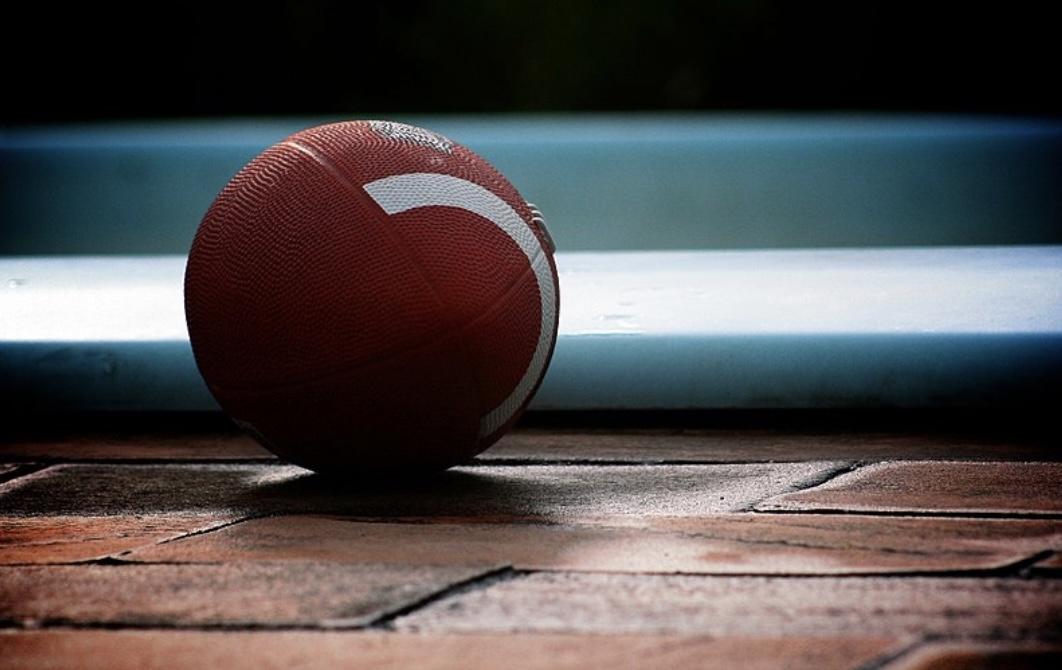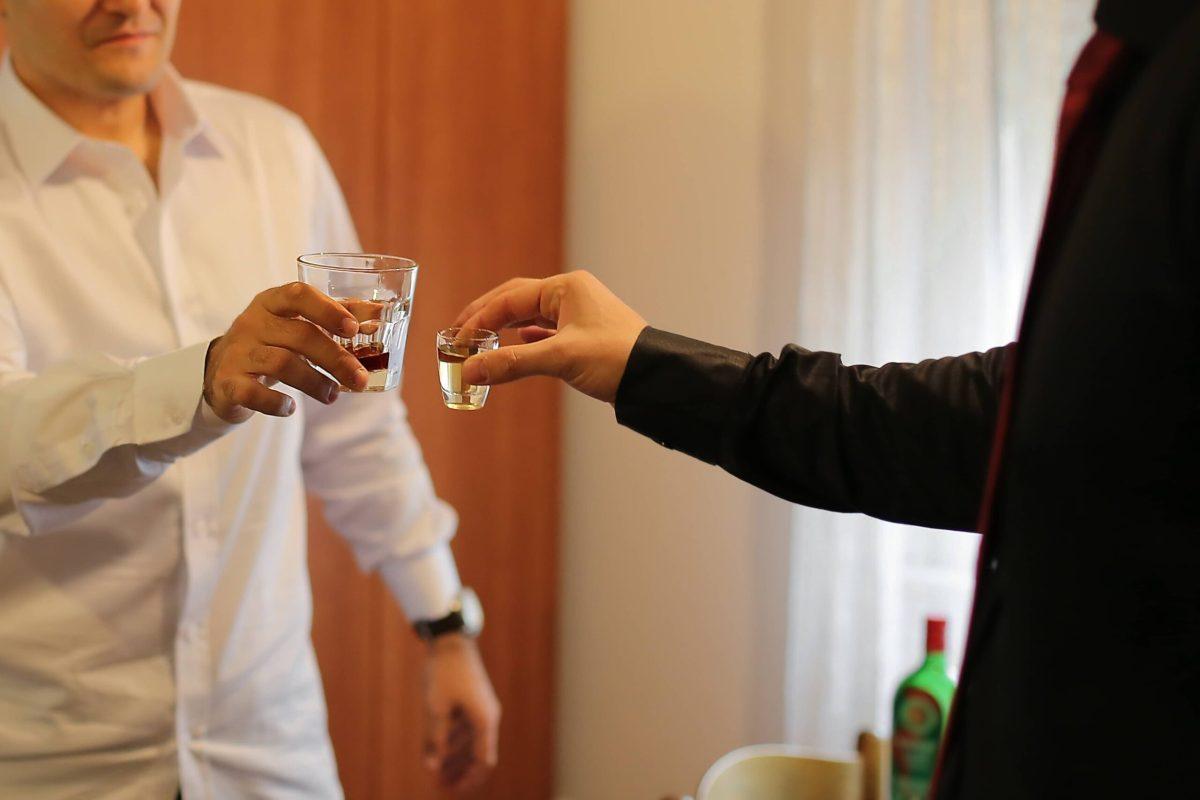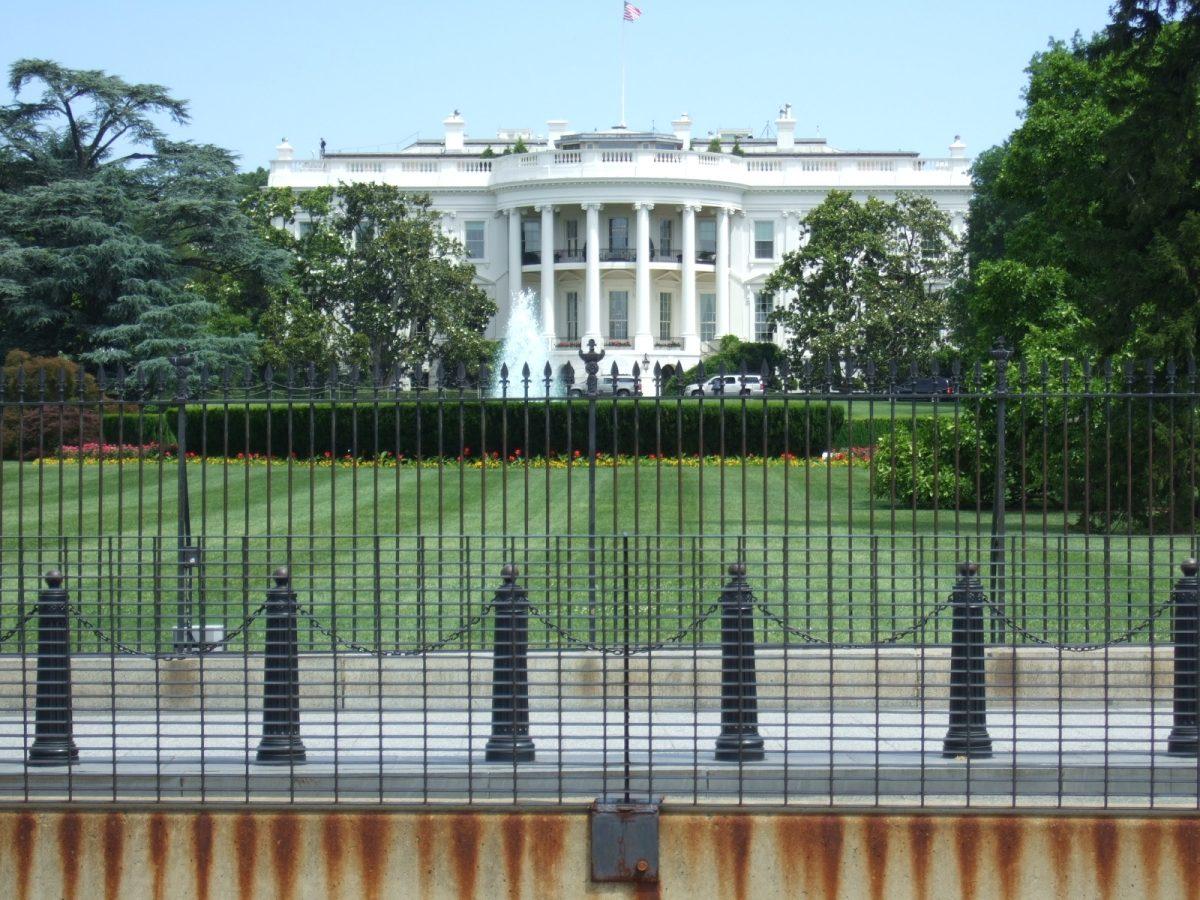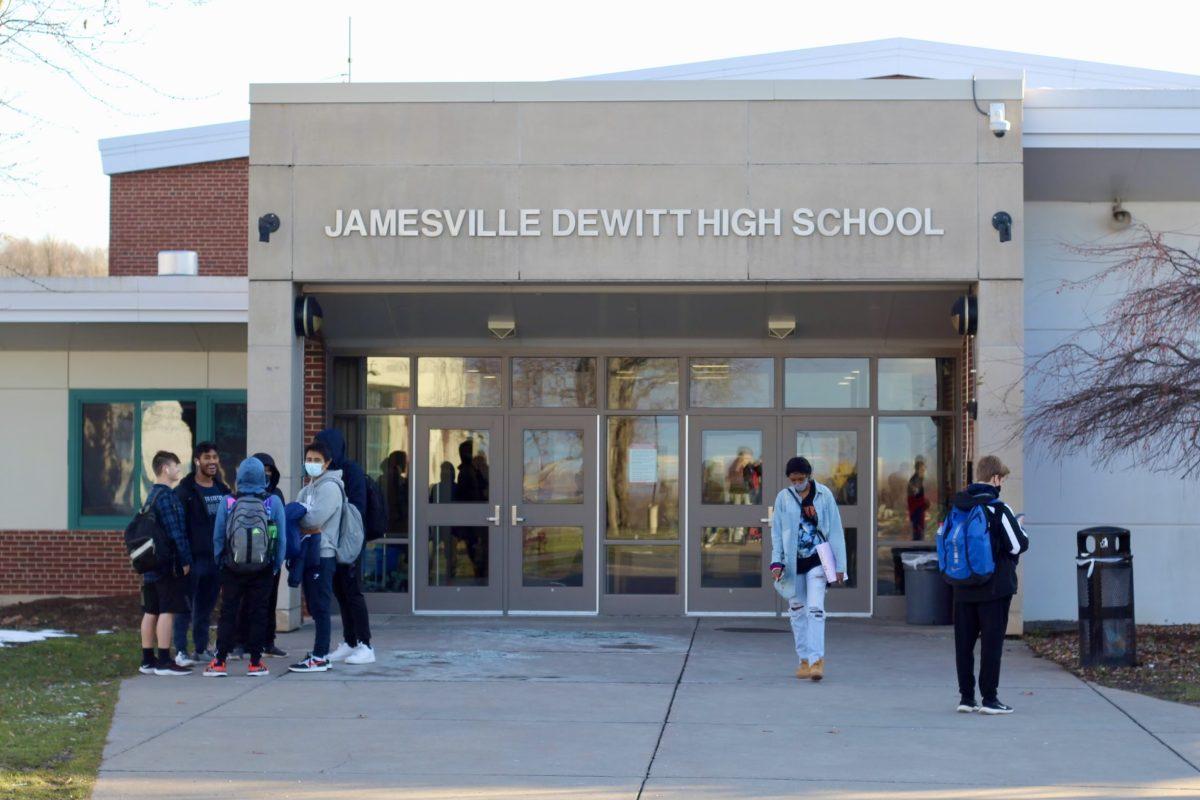In early October, Jamesville-DeWitt High School had its Homecoming. Being the first year of normalcy—as many are calling it—since the start of the pandemic, it was nice to see a noticeable increase in school spirit during homecoming week, both through the pep rally, and spirit week participation. However, despite claiming to be all about bolstering school spirit in every student, homecoming week was tainted with outdated gender stereotypes.
To start, the female student body was completely overlooked when it came to deciding which sports team would host the official homecoming game. While it was nice that the student body was offered some say in the decision and that the student government was willing to go against tradition and have the official homecoming game not be a football game, it never seemed to cross their mind that a girls’ sports team should have a shot at earning a spot on the poll.
If teams were being selected solely based on their records—as could be assumed since the boys’ soccer team was added to the poll—then why, for example, wasn’t the girls’ soccer team also up for the running? Leading up to homecoming weekend, both the girls’ soccer team and the boys’ soccer team only had one loss in conference compared to the football team’s one win. Again, if additional candidates were being chosen based only on teams’ records, then why wasn’t the girls’ soccer team also in the poll? It isn’t hard to interpret these decisions as the student government believing female athletes were unworthy of the position, even if that impression was unintended.
The athletic event that female students were featured in was the powderpuff game, which, hosted by the senior slate, was full of antiquated gender stereotypes, beginning with its name. A powder puff is the soft ball or pad used to apply powdered make-up, which, in the context of the game, implies that women are and will always be like powder puffs: soft, weak, and, most of all, unathletic. The name perpetuates the stereotype that football—and sports in general—are for men whereas appearances and “looking pretty” are for women. Historically, powderpuff games haven’t been about giving female students the opportunity to play a largely male-dominated sport, but about providing the student body with entertainment. Furthermore, some schools would take the reversal of gender roles even further by having male students dress up comedically as female cheerleaders. Both of these gender swaps—girls as football players, boys as female cheerleaders—were supposed to be funny and, on both sides, femininity was the butt of the joke.
Luckily, the student body seemed to recognize the girls who participated as legitimate athletes. However, even if, say, the senior slate was to re-name the event to something less blatantly sexist, the event itself still promoted gender stereotypes in other ways. The entire coaching staff was made up of male students as well as the group of referees, which upholds patriarchal worldviews, even if unintentionally. If the senior slate wanted to make the game about allowing female students to take ownership of football as a sport, why weren’t the coaches and referees female along with the players? In addition, the male students who “played” the coaches didn’t seem to take the game seriously at all, which further supports the idea that girls playing a game like football is completely parodic in nature and could not be a legitimate athletic event. Also, the fact that RamFeed’s main feature about the game interviewed the all-male “coaching staffs” and no players only further supported the fact that this game was for the boys, not for the girls.
And I haven’t even addressed the obvious issues surrounding the week’s cementing of the gender binary. For students who don’t identify as male or female, where were they supposed to fit into the equation? Almost all of the homecoming events ignored this section of the student population, including the pep rally where one girl and one boy were supposed to be chosen for each activity.
After seeing homecoming week come and go, I couldn’t help but feel slighted. As a female student, our sports’ teams weren’t even considered to host the official homecoming game; we were only given the opportunity to display our athleticism to the student body in an event rooted in insulting and antiquated gender stereotypes. So, after all of this, it wasn’t hard to find myself wondering: when will J-D finally enter the 21st century?





































